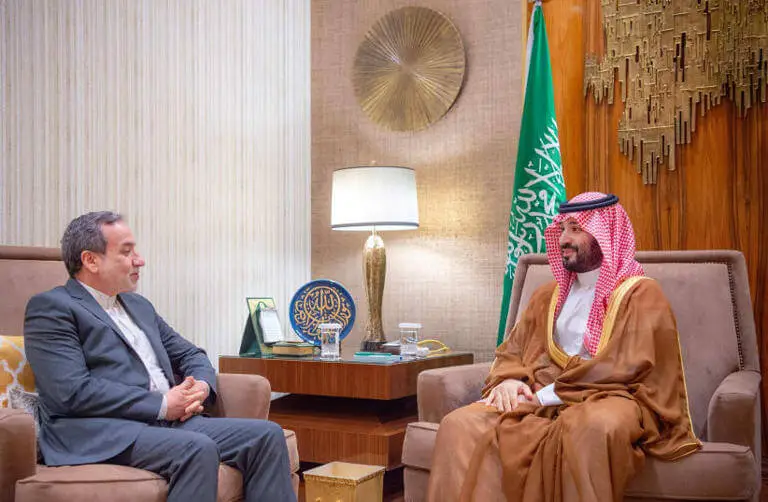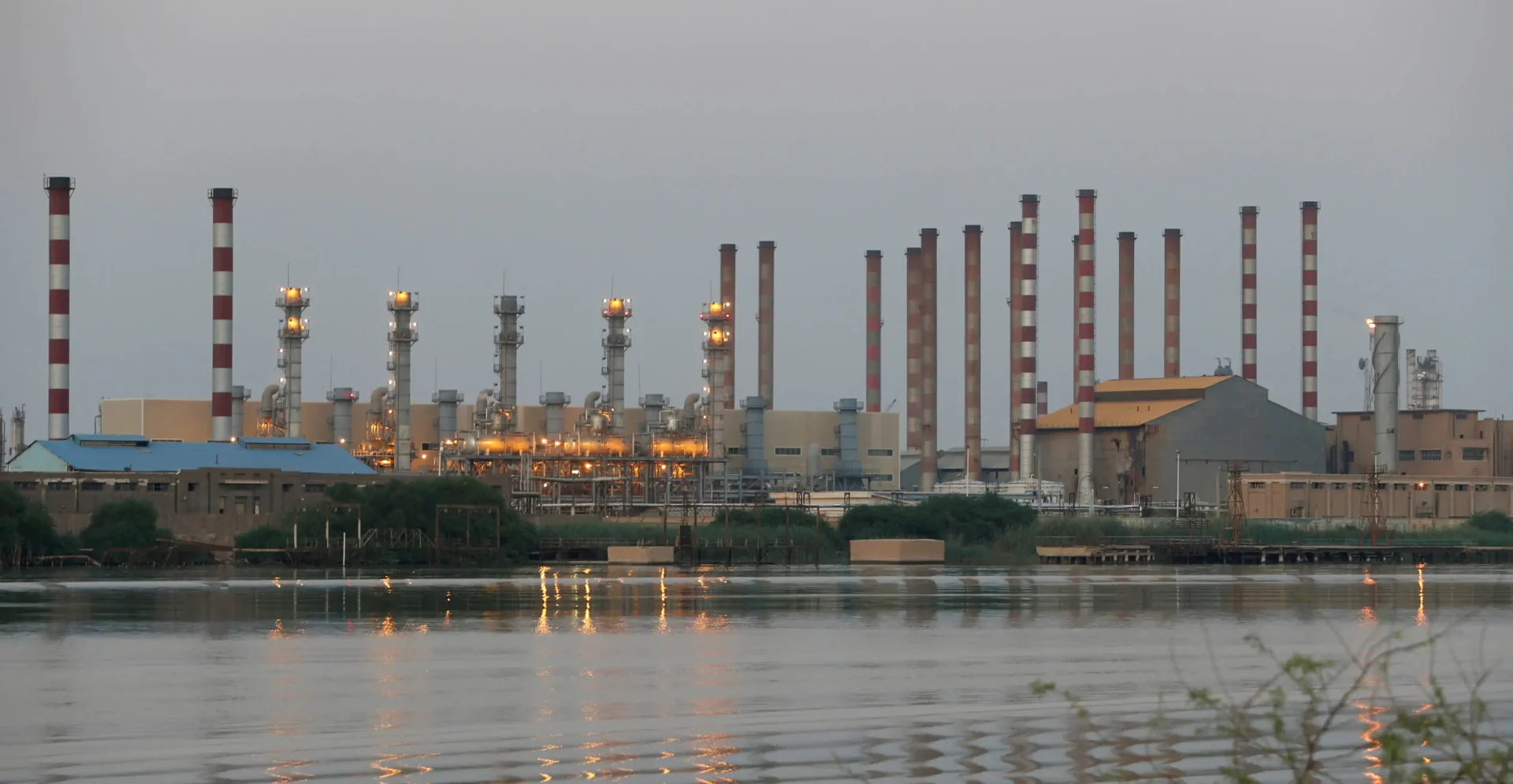In an exclusive report, Reuters has revealed that Gulf states are actively lobbying Washington to prevent Israel from attacking Iran’s oil infrastructure. This diplomatic push comes amid escalating tensions following Iran’s recent missile attack on Israel and fears of a wider regional conflict.
Key Developments Involving Gulf States
- Israel is being prevented from utilizing their airspace for possible assaults on Iran by Gulf governments like Saudi Arabia, the United Arab Emirates, and Qatar.
- These nations fear that if the fighting intensifies, their own oil infrastructure would end up as targets.
- Iran has forewarned Saudi Arabia that in the event that Israel receives any support in carrying out an attack, it cannot ensure the security of Gulf oil facilities.
Diplomatic Efforts by Gulf States
The situation has prompted a flurry of diplomatic activity:
- Iranian Foreign Minister Abbas Araqchi met with Saudi Crown Prince Mohammed bin Salman to discuss the crisis.
- Gulf officials have been in touch with U.S. counterparts to express their concerns about the potential scope of Israel’s retaliation.
- Saudi Arabia and other Gulf states are engaging in a coordinated effort to address the crisis through various diplomatic channels.

Gulf States’ Oil Infrastructure at Risk
The potential targeting of oil facilities is a major concern for Gulf states:
- Saudi Arabia and the rest of OPEC have enough spare oil capacity to make up for any disruption in Iranian supplies.
- However, a large portion of this excess capacity is situated in the Gulf area, which leaves it open to possible attacks.
- After a 2019 attack on its Aramco oilfield disrupted more than 5% of the world’s oil supplies, Saudi Arabia is still cautious.
Strategic Implications for Gulf States
The situation has broader strategic implications:
- Gulf states host U.S. military facilities and troops, complicating their position in the conflict.
- Israel has alternative options for striking Iran, including mid-air refueling capabilities.
- The potential impact on global oil prices could affect the upcoming U.S. presidential election, with concerns about prices surging to $120 per barrel.
Israel’s Response
While Israel has promised retaliation for Iran’s missile attack, its exact plans remain unclear:
Israeli Defense Minister Yoav Gallant has stated that their strike will be
“lethal, precise, and above all – surprising.”
- As of Wednesday, Israel had not yet decided whether to target Iran’s oilfields.
- The option to strike oil infrastructure is one of several presented by the defense establishment to Israeli leaders.
Gulf States’ Stance on the Conflict
The Gulf states are taking a cautious approach:
- They are refusing to allow Israel to use their airspace for any attack on Iran.
- Their primary strategy is diplomatic, signaling to Iran that they pose no threat.
- Despite having advanced missile defense systems, safeguarding all oil installations remains a challenge.
The Gulf states continue to navigate a tightrope between maintaining regional security, their strategic interests, and their ties to both Iran and the United States. The international community keeps a tight eye out for any indications of escalation or de-escalation in this unstable region while tensions in the area continue to simmer.

